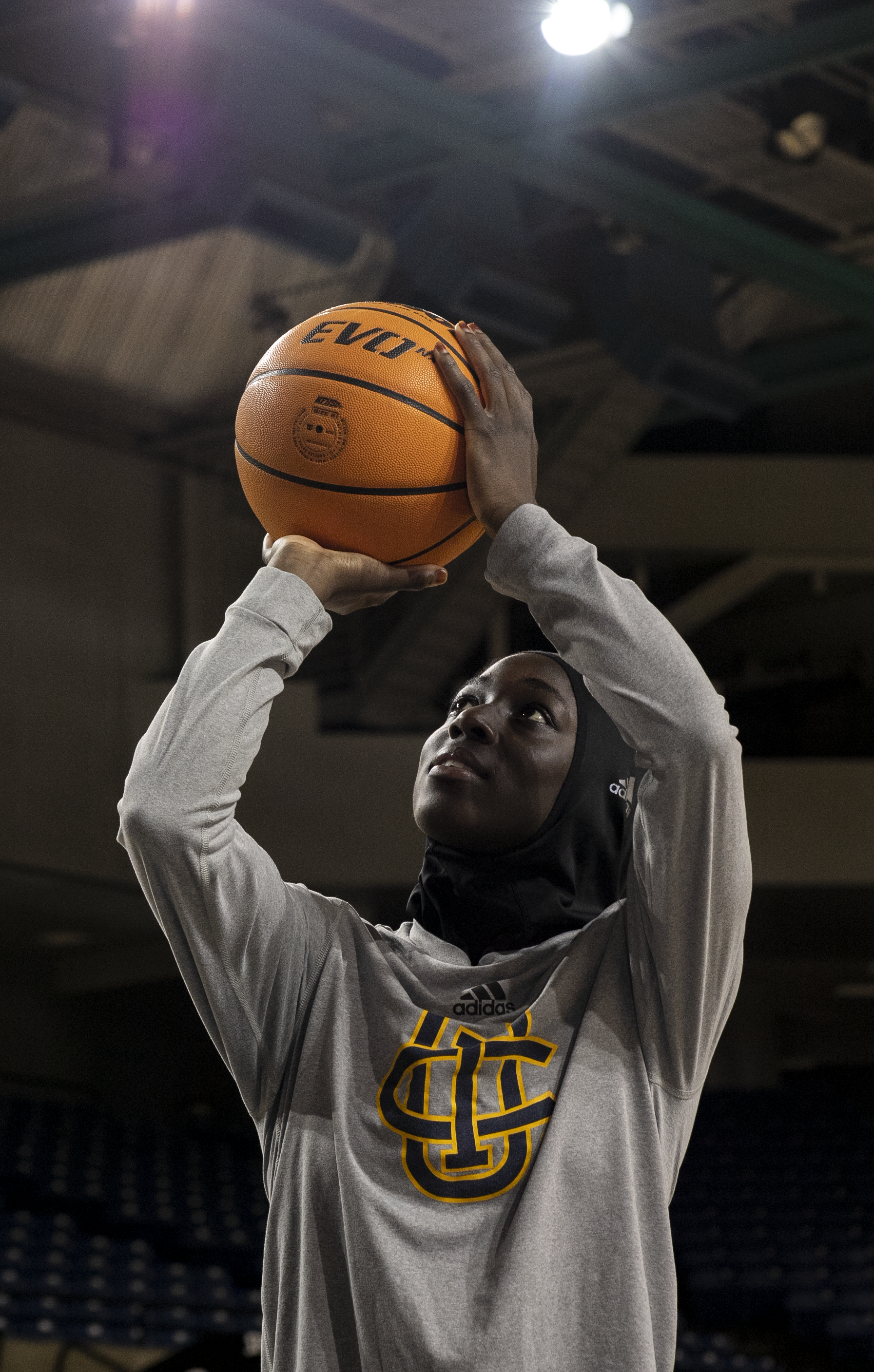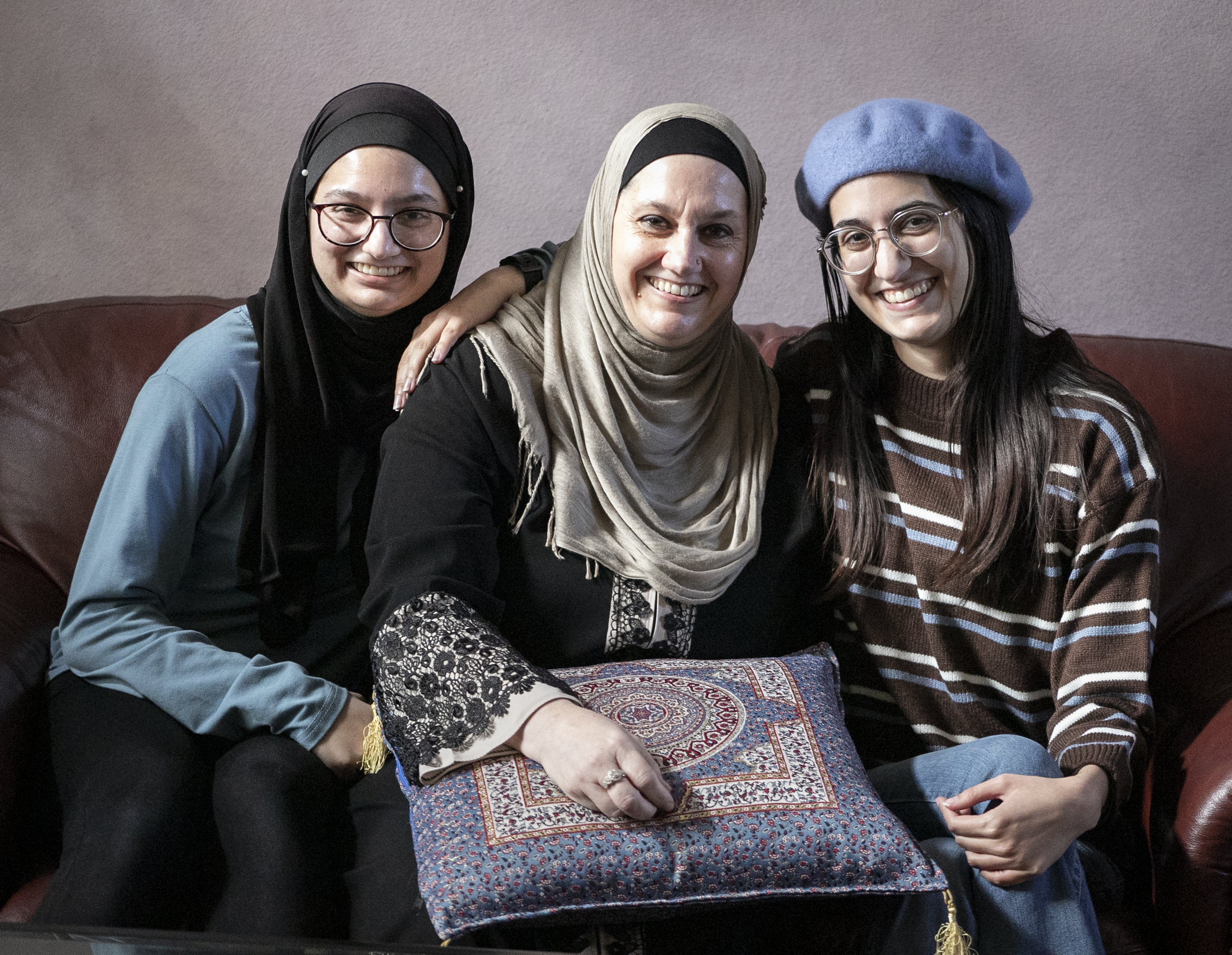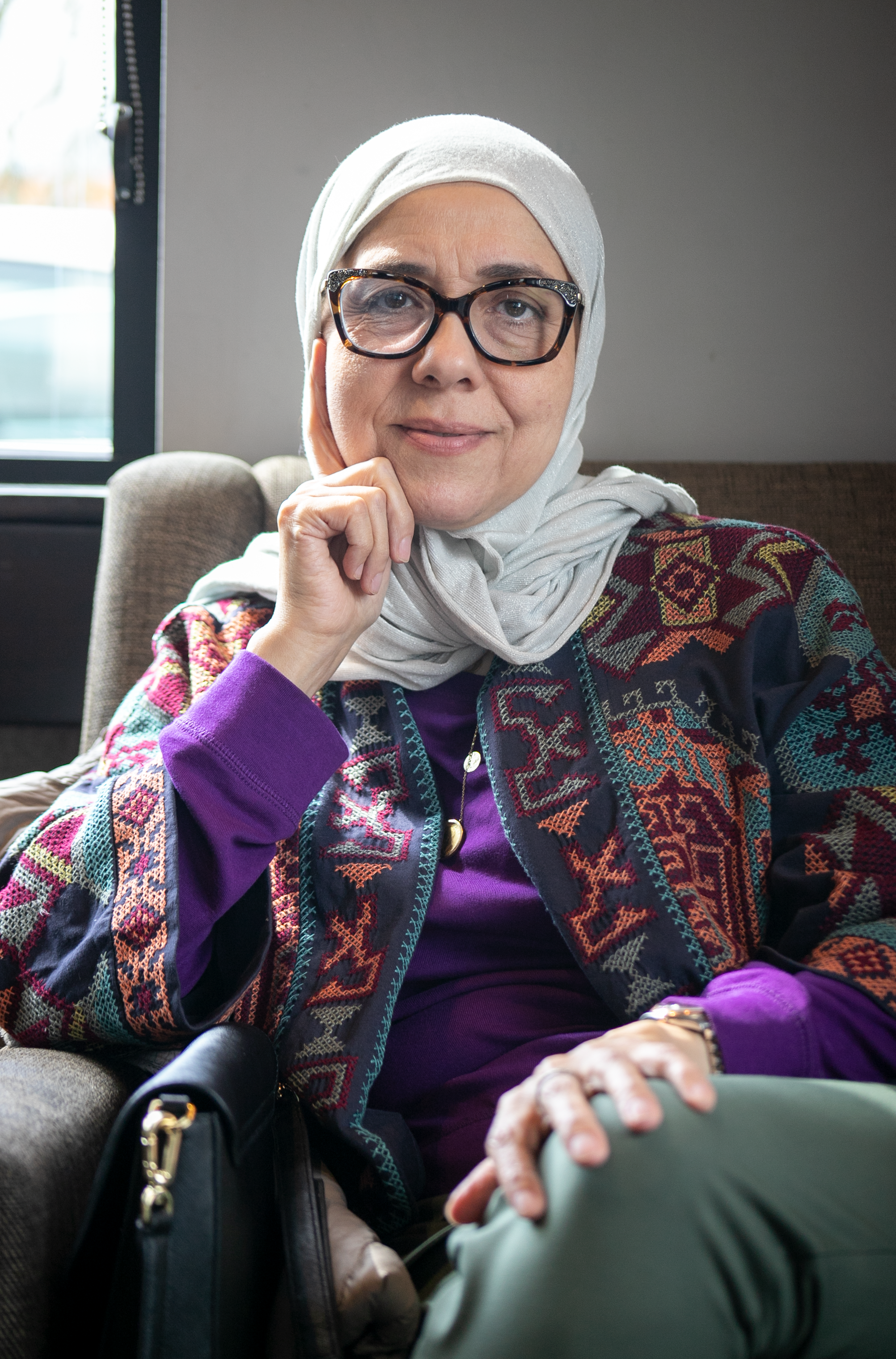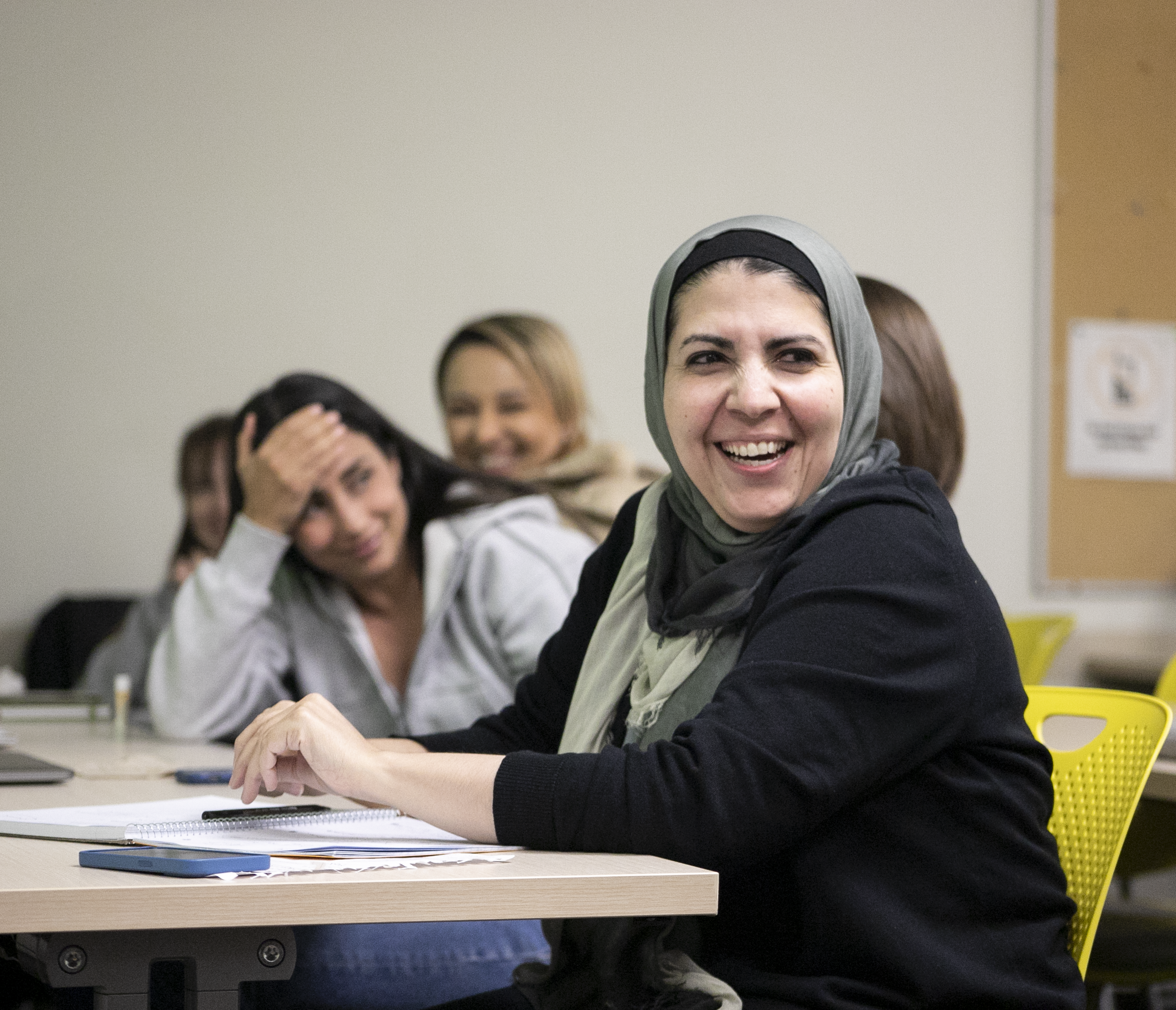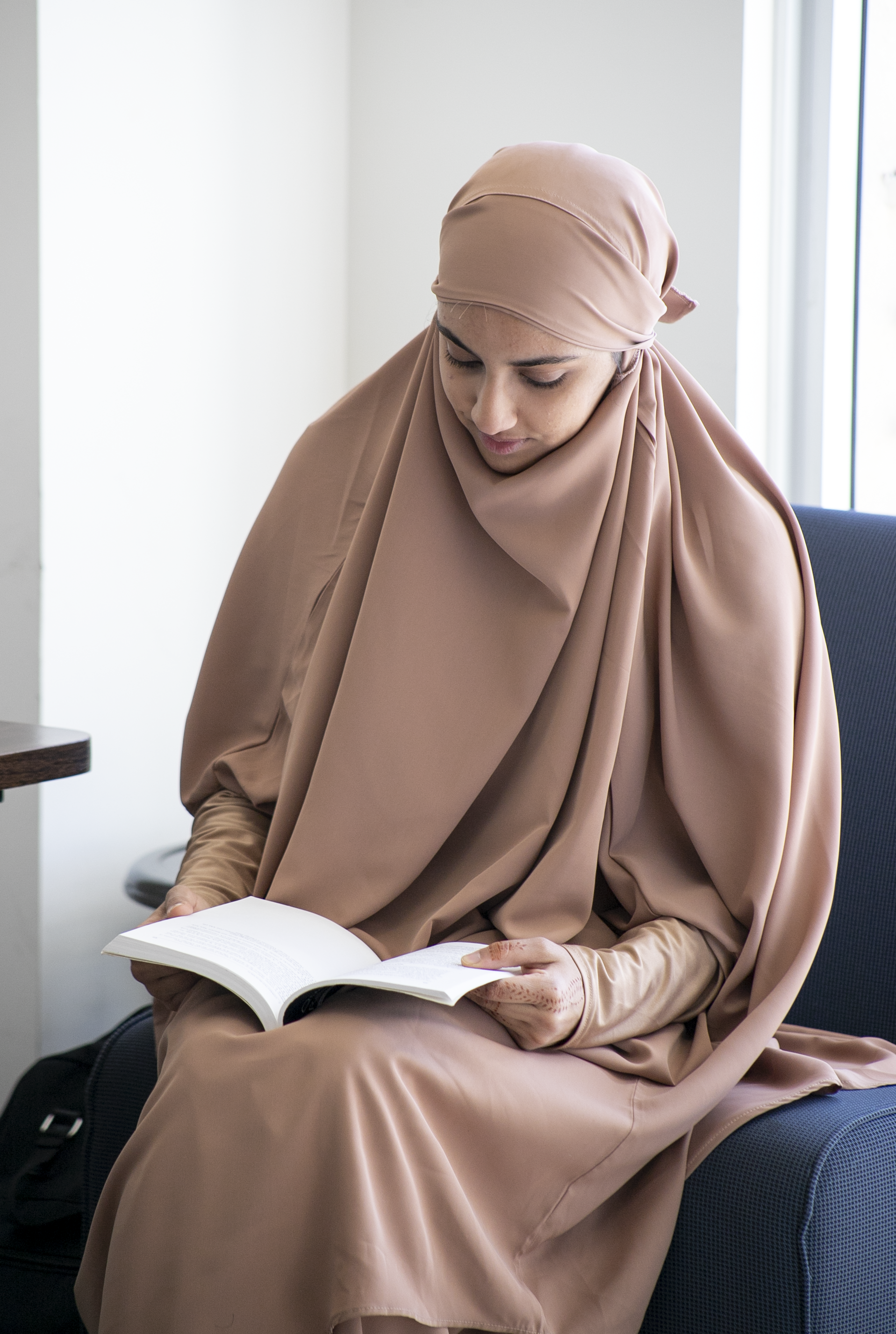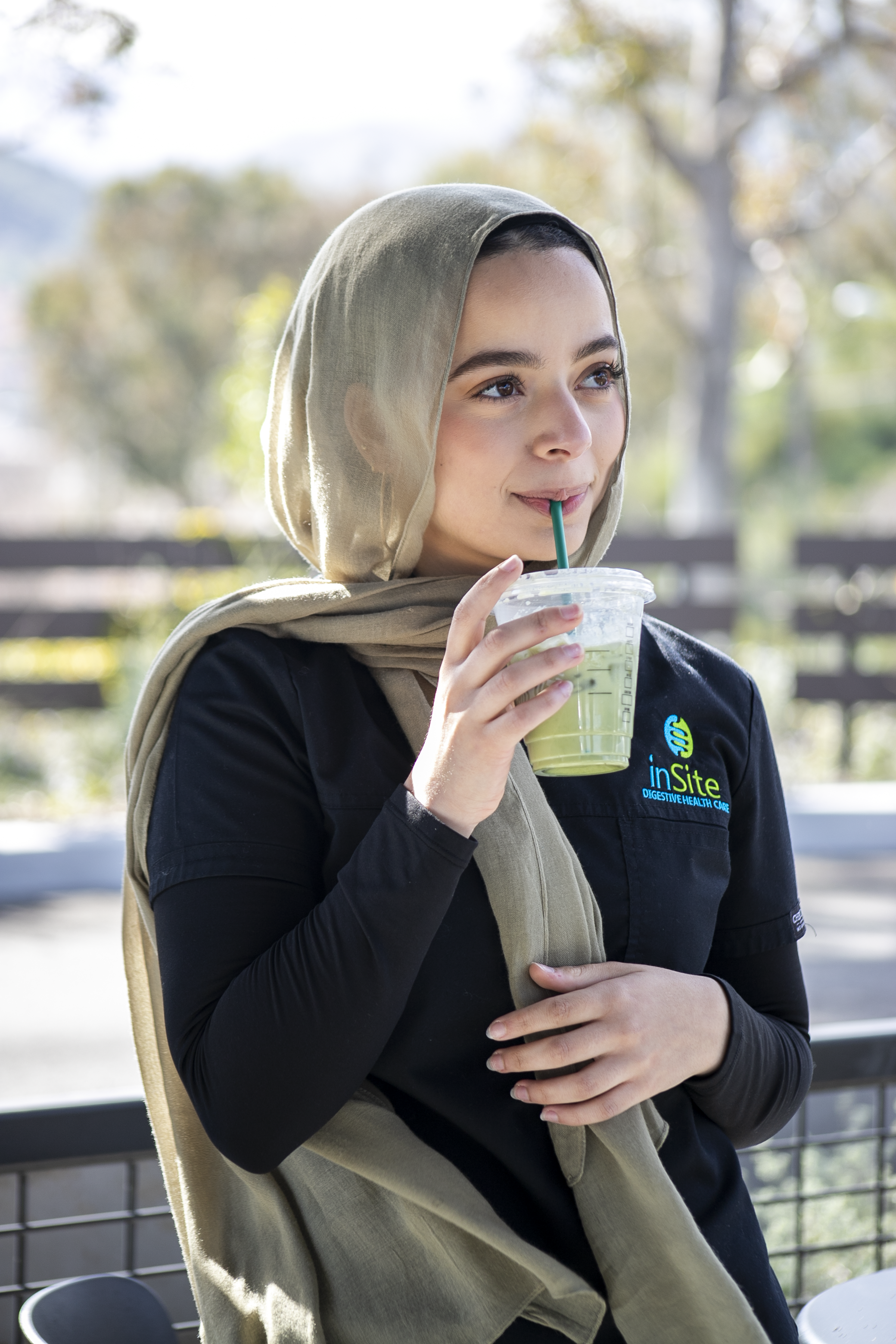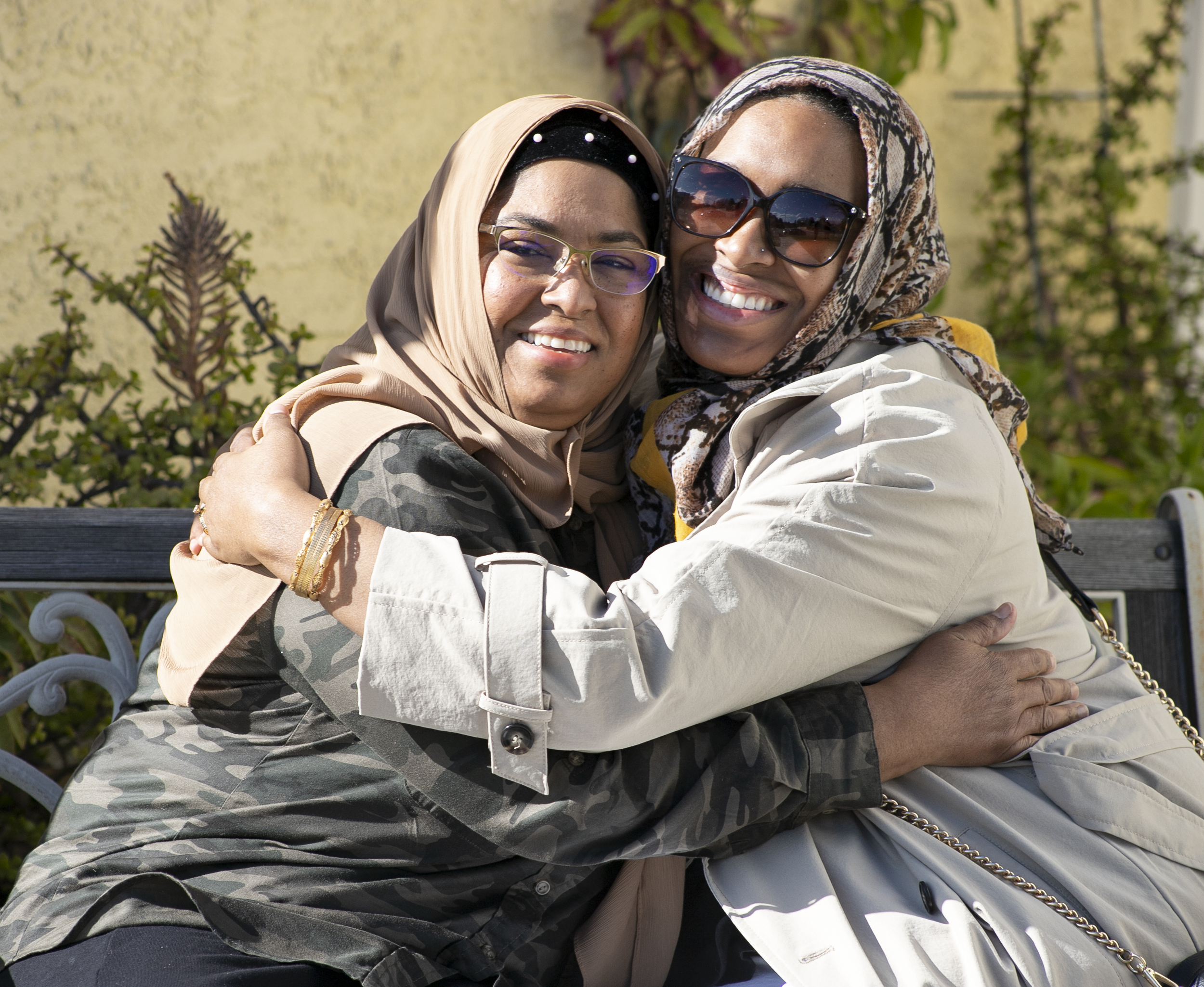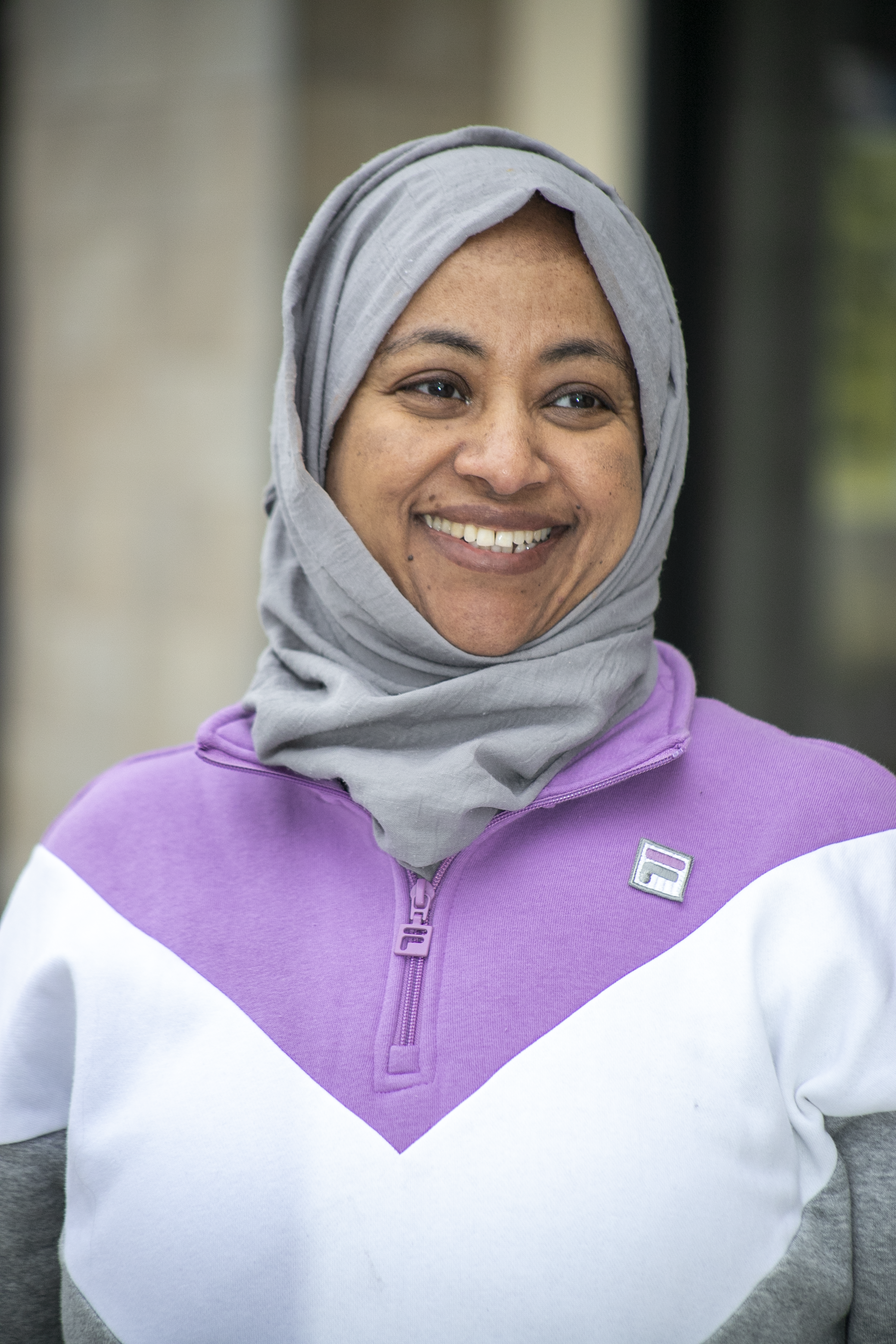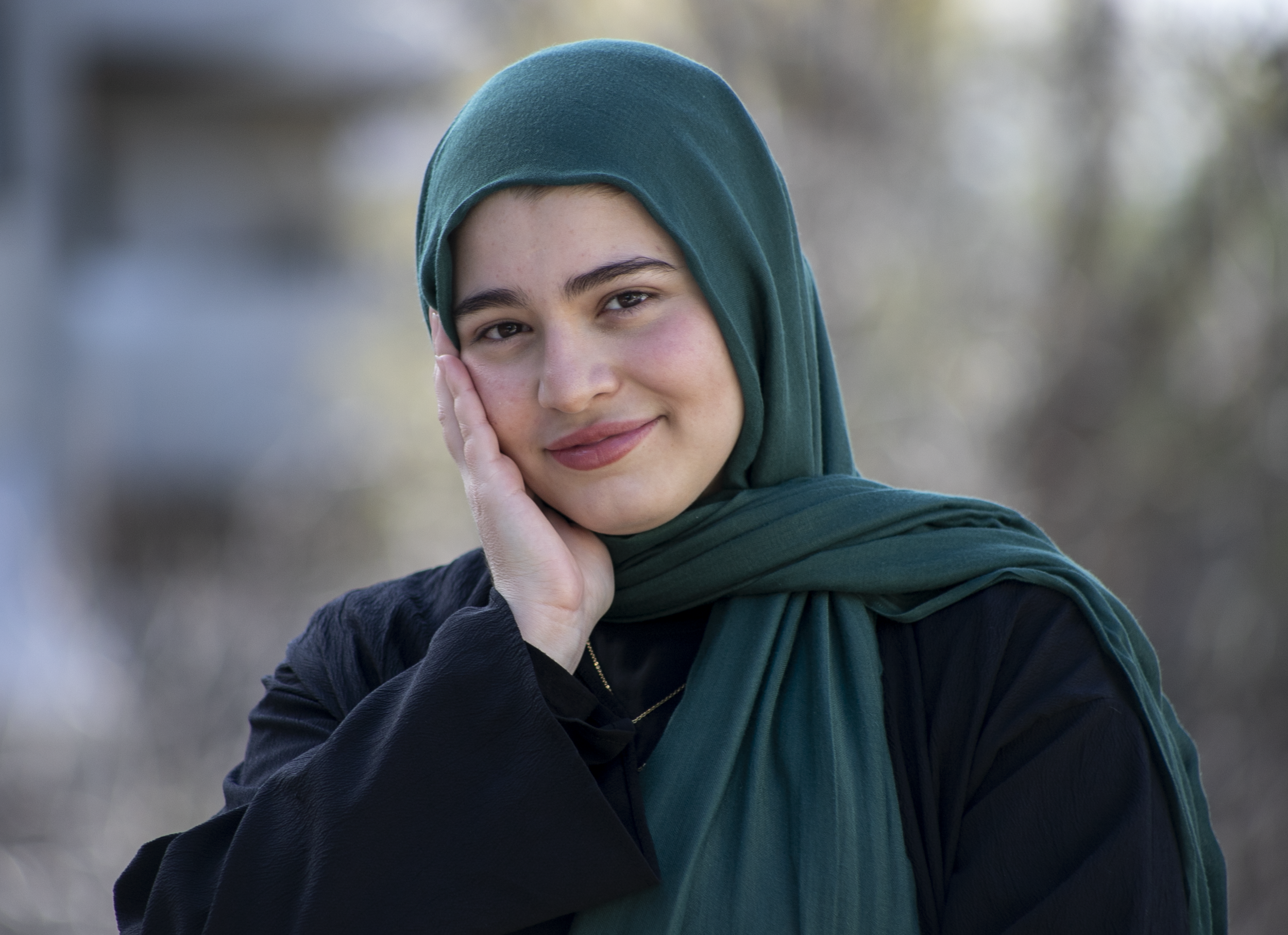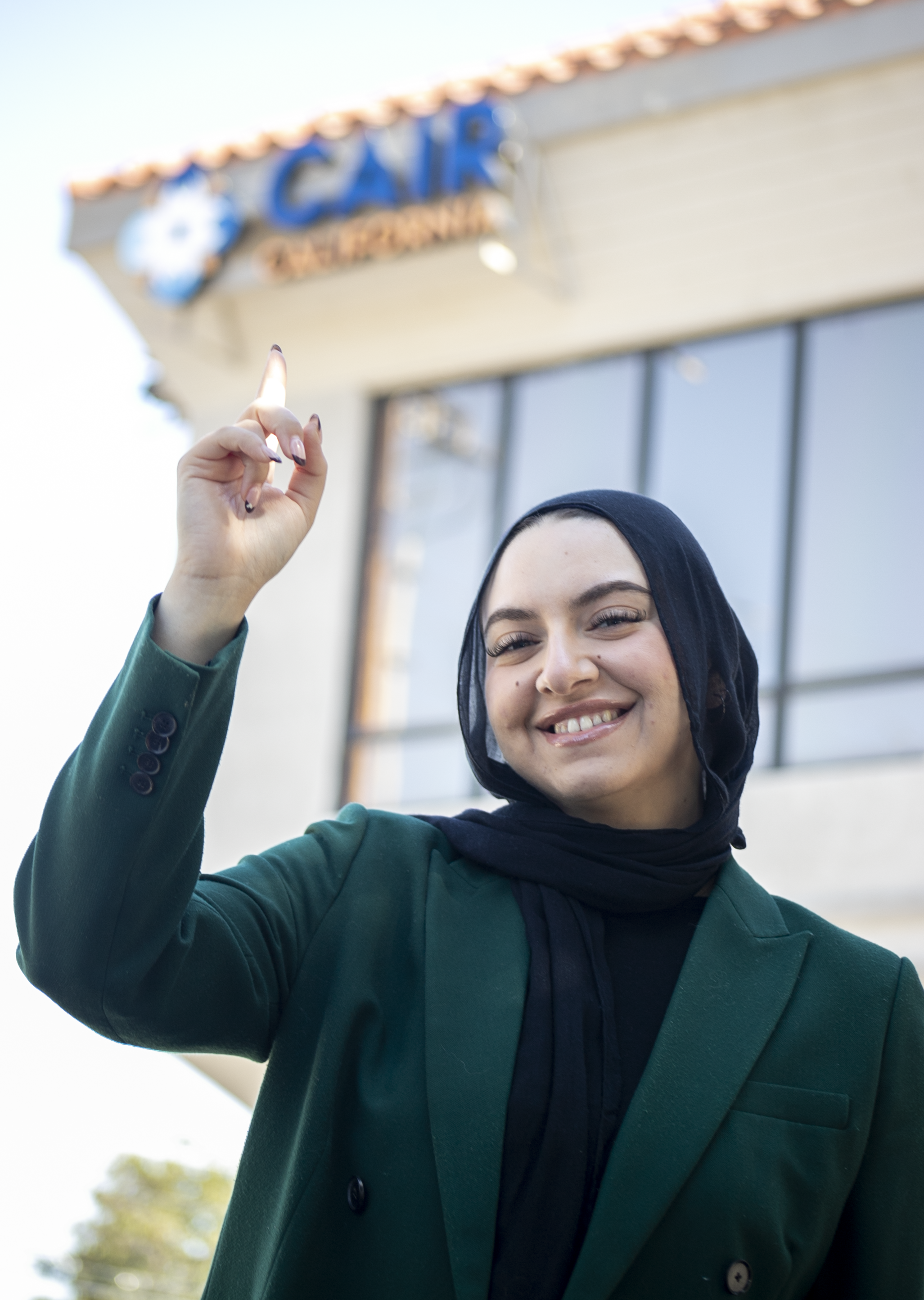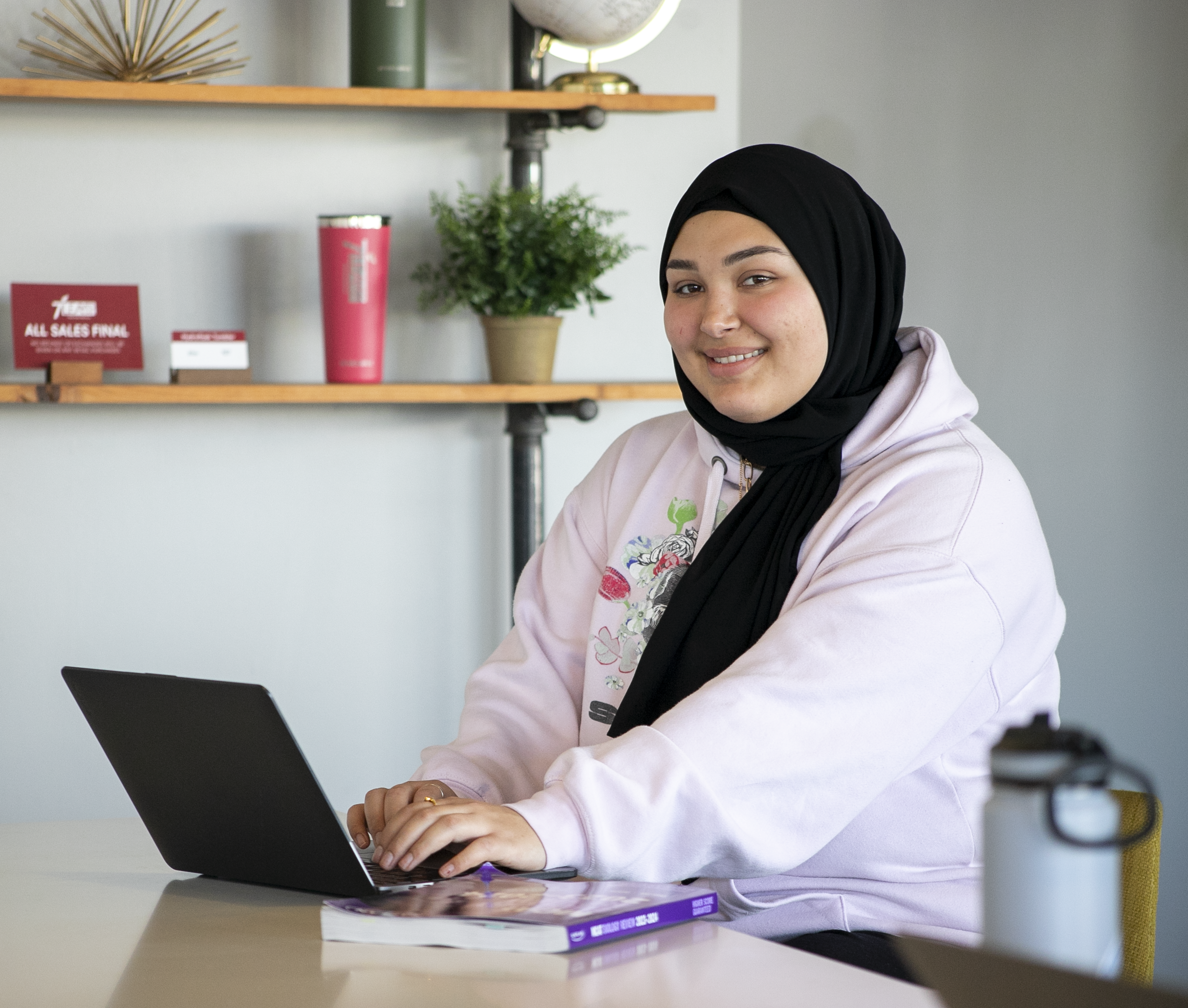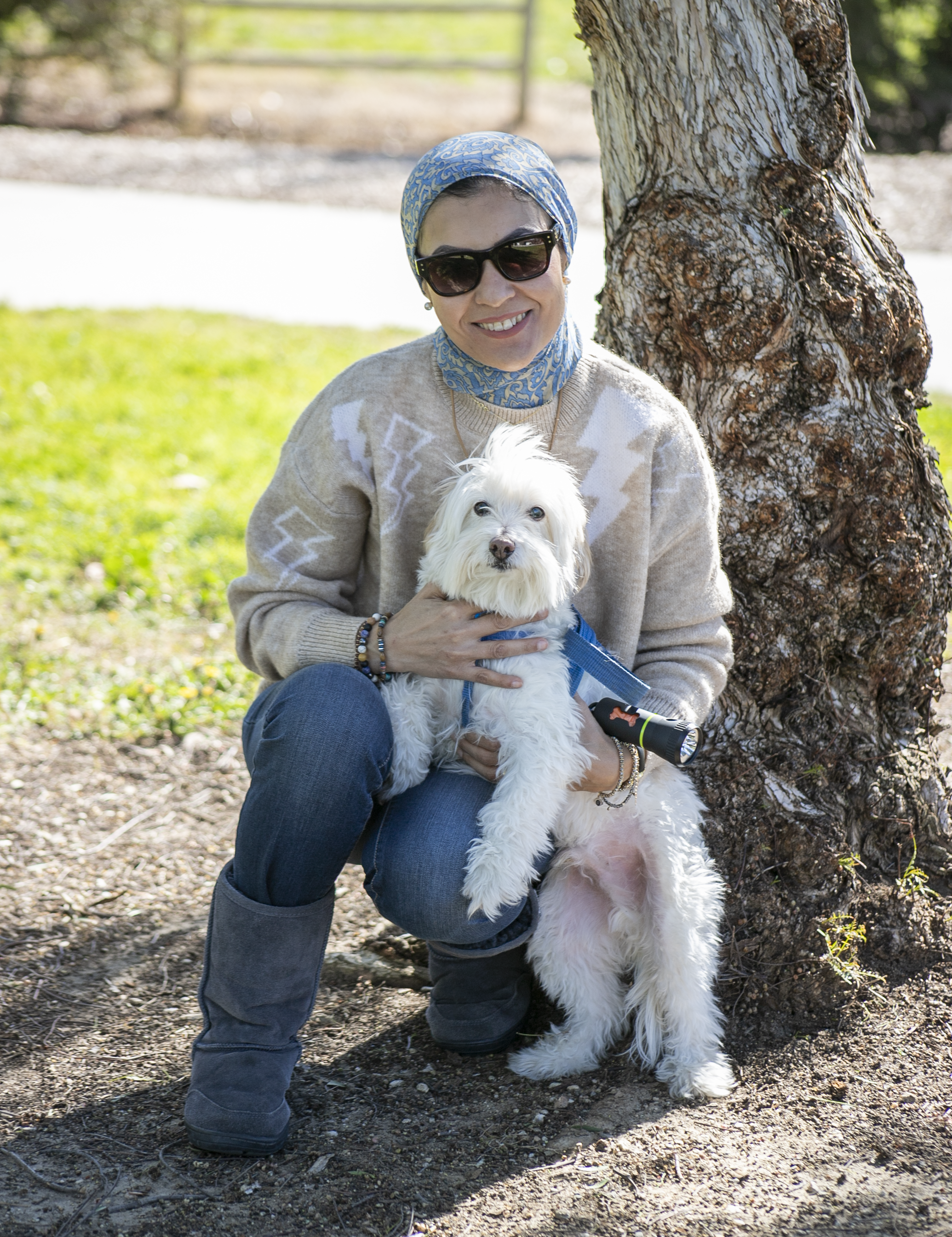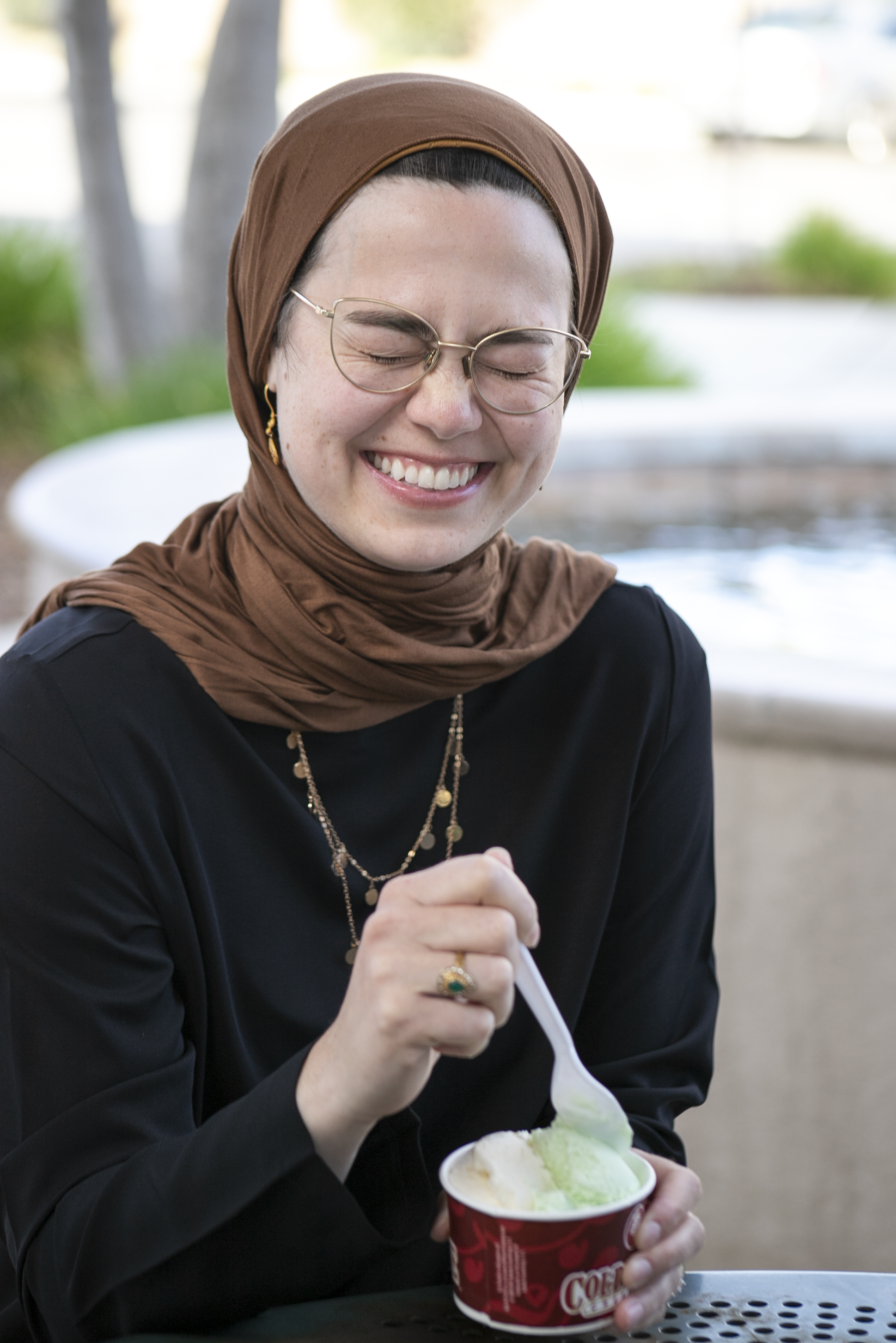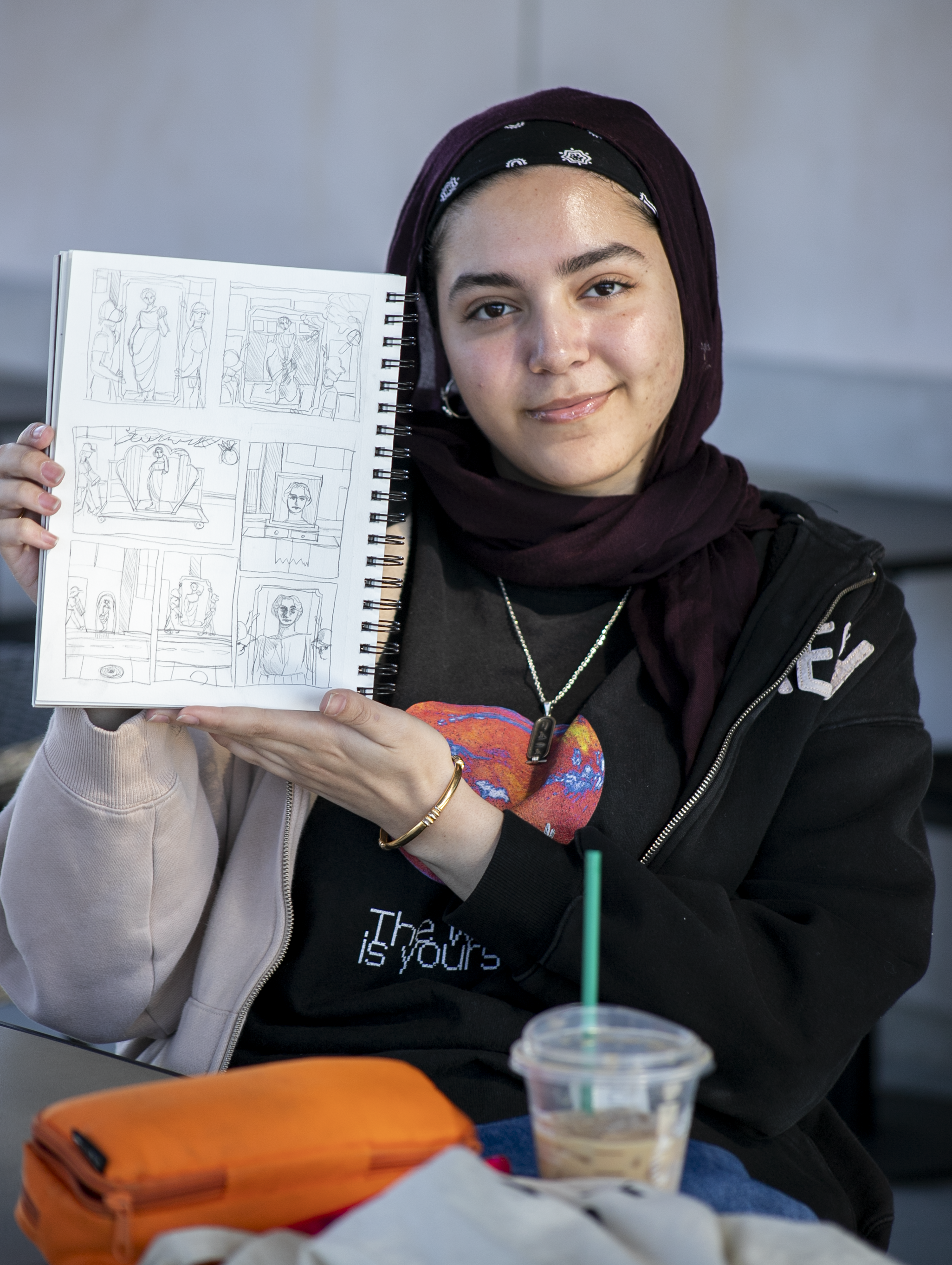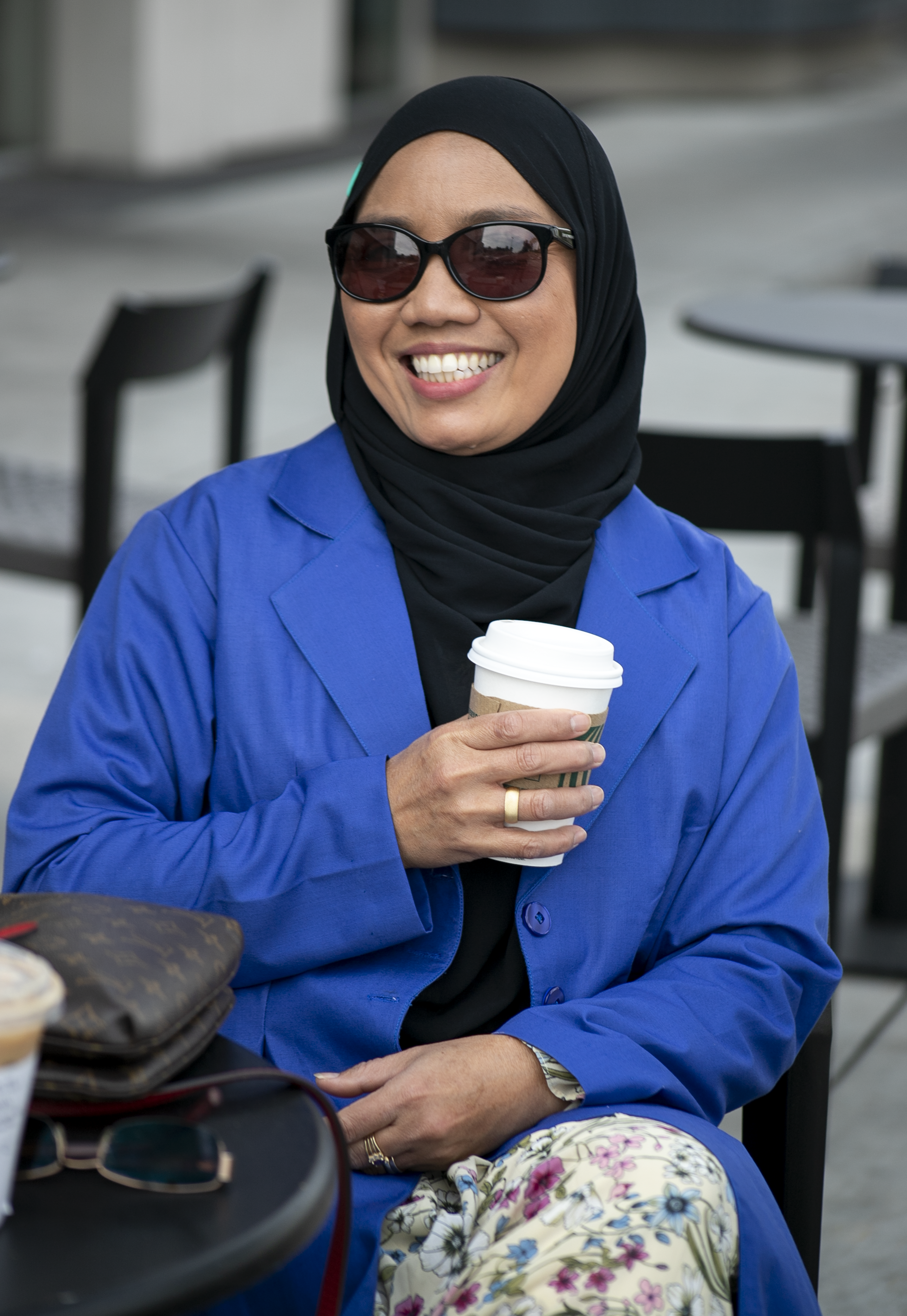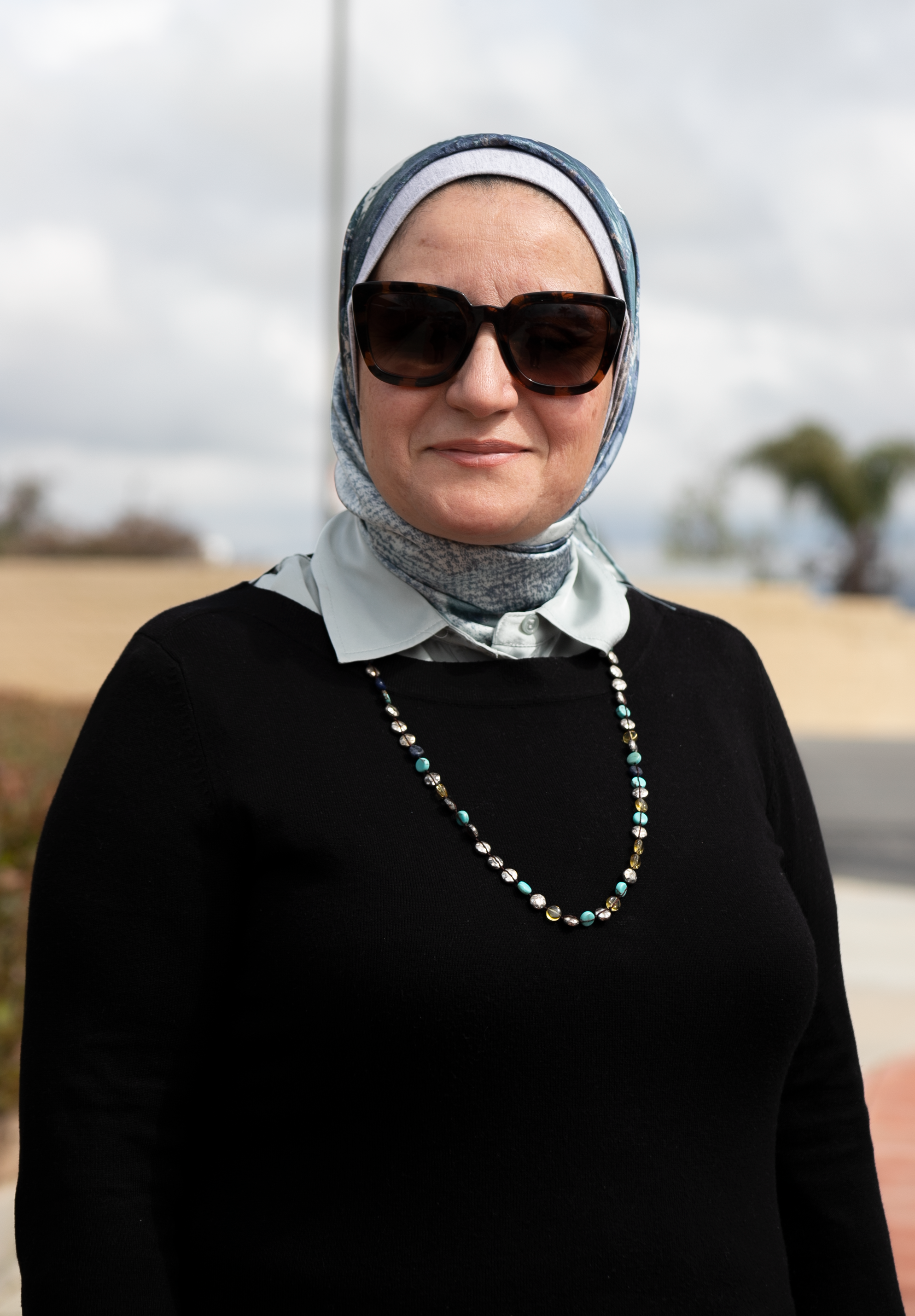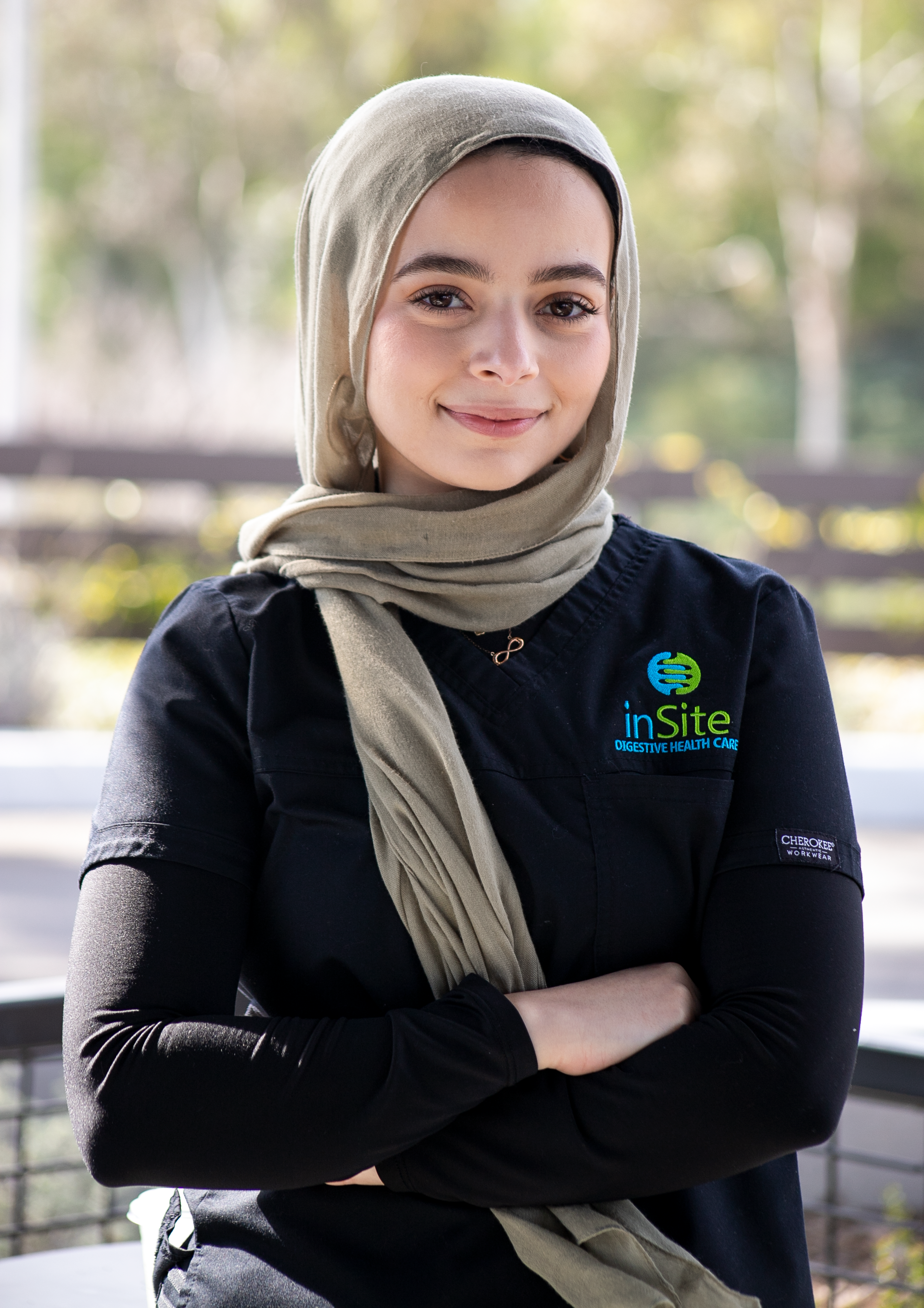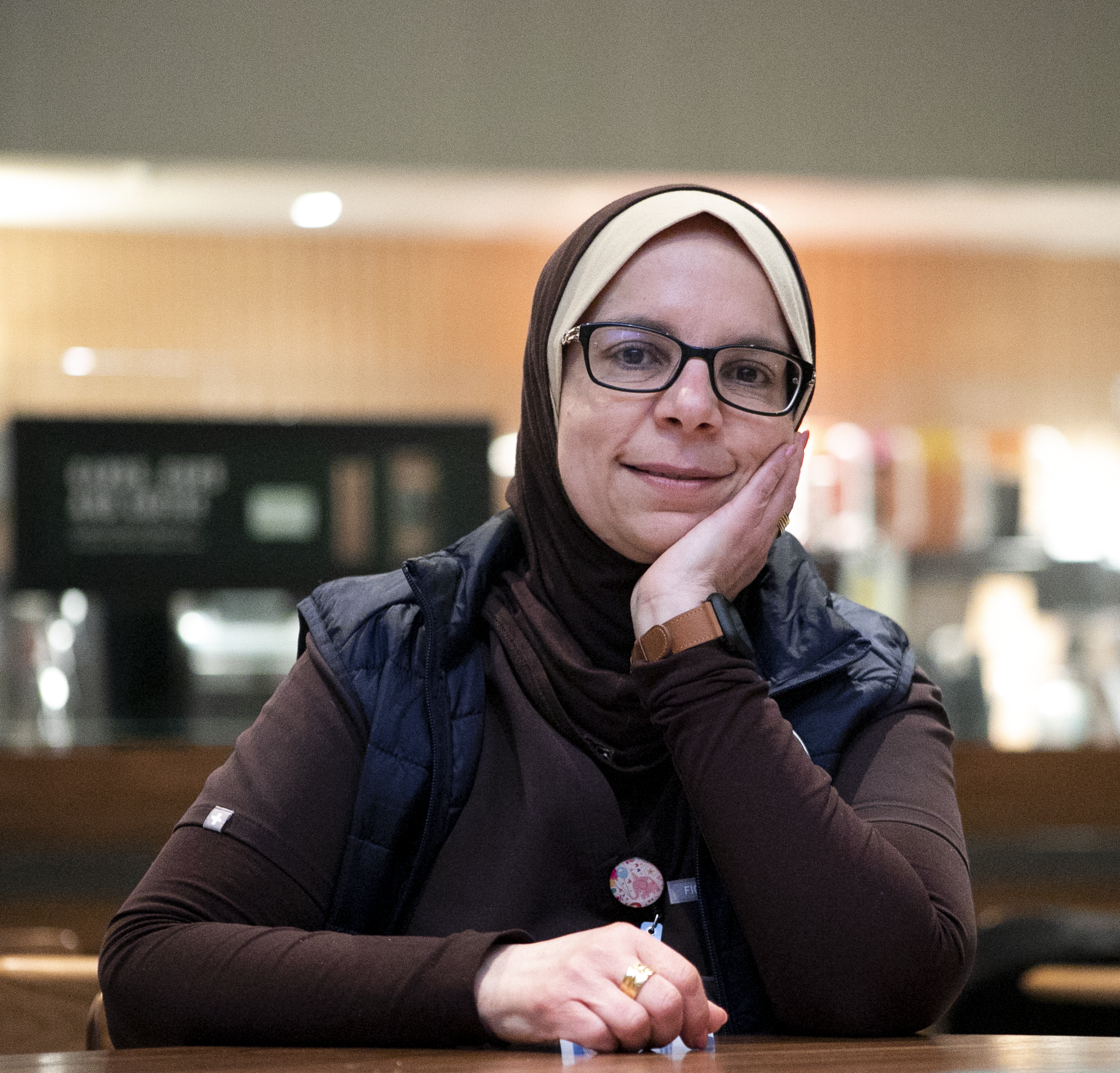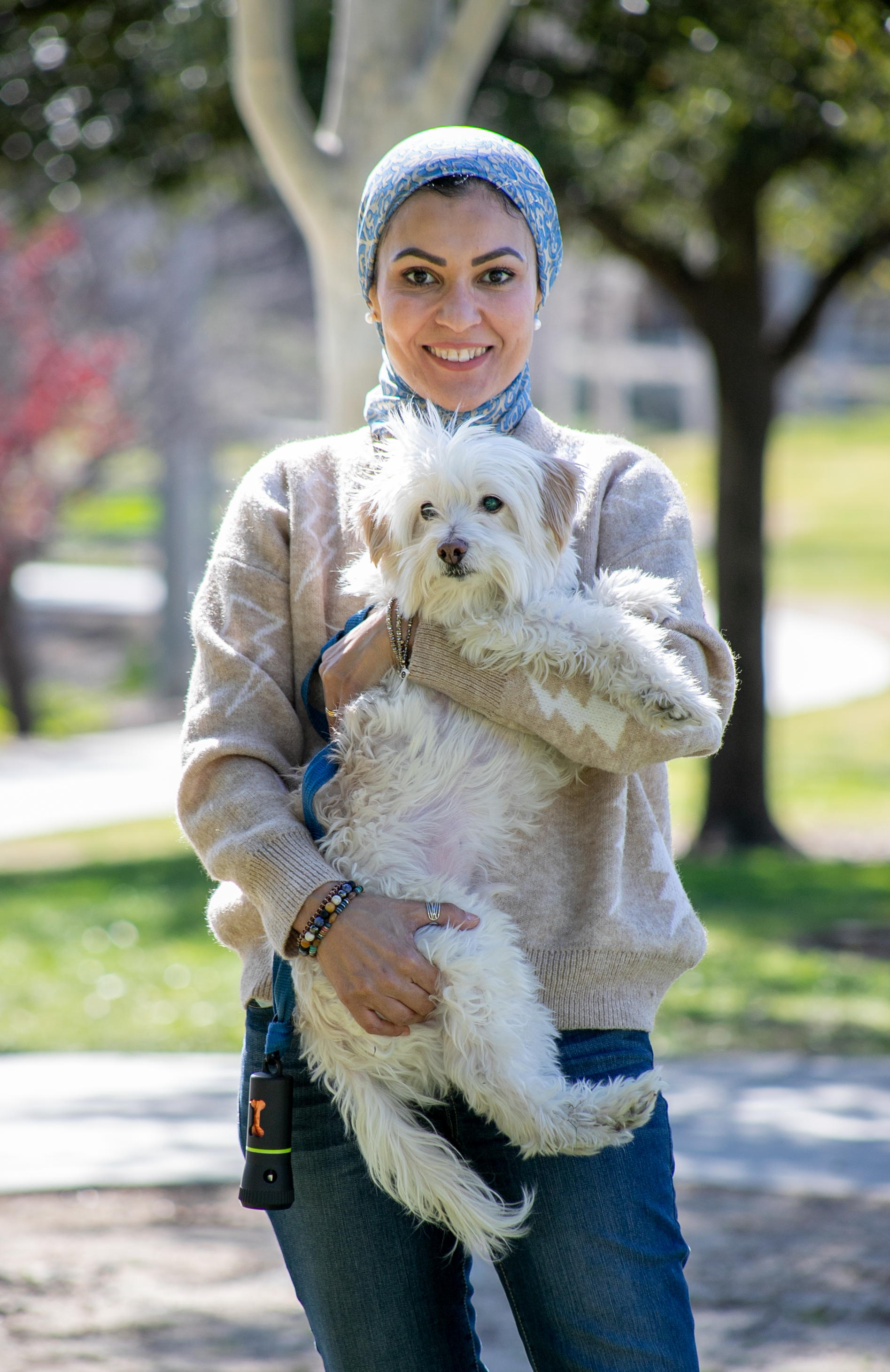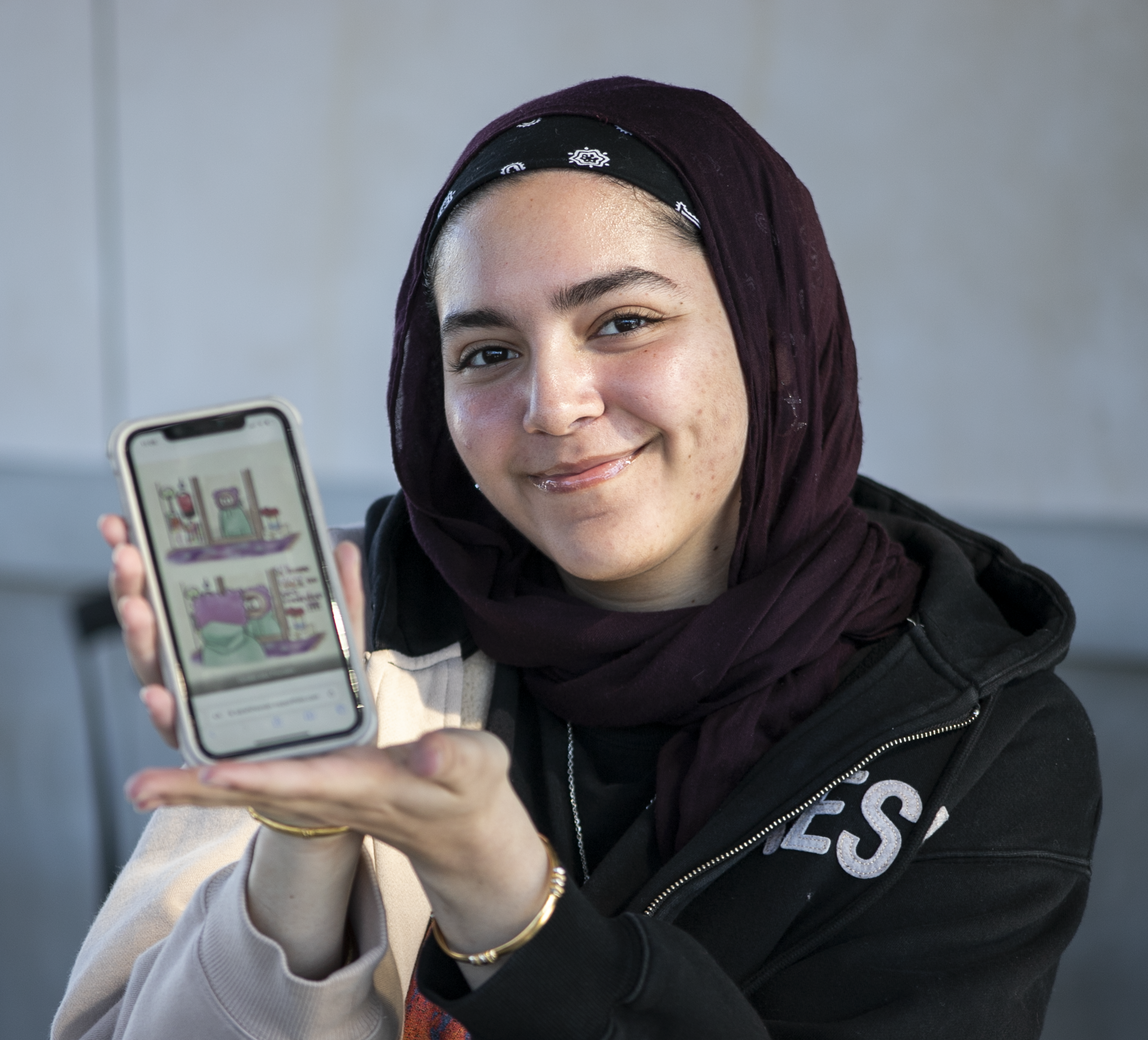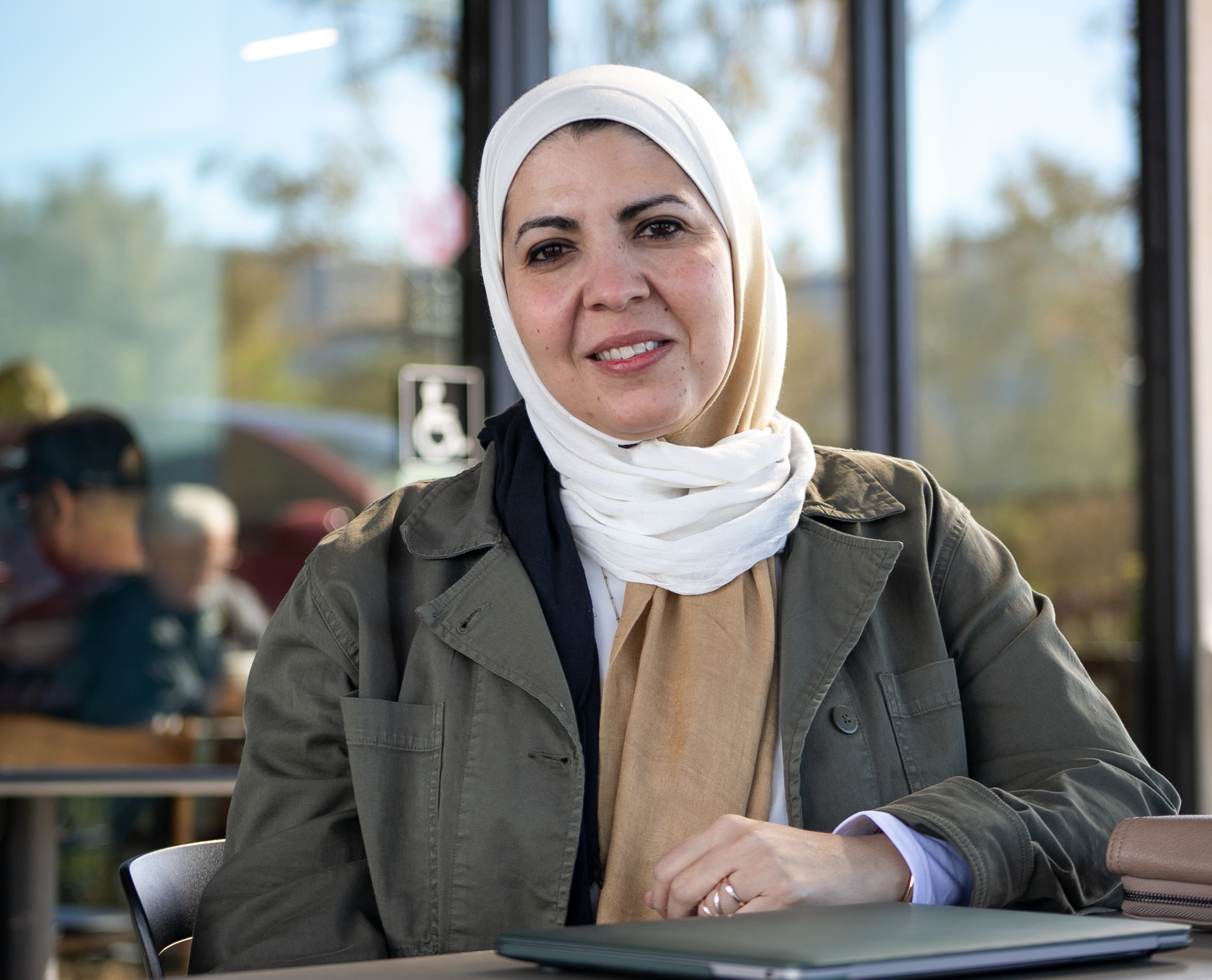Time and time again, people of various minority groups, religions, and classes find the representation of their group to be skewed, misinterpreted, and even targeted. This is the case for Muslim women in America, who continue to not only brave the wearing of the hijab as a form of religious observance, but also as a form of unapologetically expressing a religion they proudly represent. Islam has been relentlessly mocked and accused for supposedly being responsible for the anguish caused throughout America post-9/11. Negative propaganda has taught generations of Americans to fear the enemy: Muslims. If that’s the case, should Muslim-Americans fear themselves?
This project is meant to counter stereotypes by showcasing the voices of the women, both visually and literally, who live alongside Americans everyday. Many of whom are proud immigrants or children of immigrants. Many of whom are proud Americans. In addition, anyone who speaks to these women will learn that they are mothers, students, and brilliant working members of society who live successful lives within an environment that barely tolerates, let alone fully embraces their accomplishments. These women are often reduced to their hijab, a symbol many have assumed is associated with oppression.
However, many of these women instead credit the foundation of Islam as a passageway to their own liberation. The women are fulfilled financially (a woman in Islam is allowed to work and keep her own money, whereas her husband is required to care for her and the family). They can also own land and are modestly protected. There is no doubt that the women who choose to wear the hijab, especially in an environment where it’s not entirely welcomed, are often doing so out of their own free will. The pain inflicted is not internal, but external from the backlash received from those who choose not to accept it. Yet despite the many social obstacles and implications, the bigger reward is in knowing that this sacrifice fosters a connection with Allah, or God, and is essentially the reason why many, if not all, of the women interviewed wear the hijab. The hijab is a symbol of love: Loving the creator, but also loving the intrinsic strength it provides. If one can wear the hijab, dismiss its inherent bias in American society, and choose to live a full life of challenges and accomplishments, one could do anything.
The hijab is not a symbol of oppression. The hijab is a choice. The hijab is a feeling of liberation.
The hijab is a symbol of freedom.
Aisha
“I wanted to [wear the hijab] since it is the number one way to be identified as a Muslim.”
Aled
“The advantage is, I feel pretty with the hijab on; I feel modest.”
Asiyah
"Every time I put this on, I remember that I'm doing this for the Creator, not a creation.”
Ayha
"There’s no compulsion in religion. The hijab is not a symbol of oppression, it’s honestly a symbol of freedom.”
Dalia
“I think [the hijab] is the ultimate sacrifice. I think when I did it, so many things started happening for me.”
Diaba
“I was looking for an identity, and now I know who I am: I'm a Black woman, and I'm a Muslim woman too.”
Donna
“The hijab reminds me of my connection with God. It’s a reminder of my purpose. A symbol of my devotion to the public.”
Eman
“The way I wear the hijab now makes me feel chic and powerful. I can play with colors and express myself.”
Hadir
“I'm realizing how visibly Muslim I am. I'm sitting here doing the same exact thing that [everyone else does].”
Hadir
“I like having the hijab on with the work I do. People might get to know Islam in a better way.”
Hagar
“I appreciate the aspect of the hijab that gives people information about what my core values would be so that I don’t have to.”
Liana
“To me, the hijab is a form of modesty; it's more of a personal comfort that I have this physical attachment to my religion.”
Nada
“I feel like it's a good way to represent Islam. It's also a constant reminder of my religion and my connection to Allah.”
Reham
“I feel beautiful with the hijab on, like this is my crown.”
*Photo courtesy of Sana Ayesh.
Sana & Elham
“It is important that a hijabi chooses to love the hijab.”
“As hijabis, we understand that the hijab is a part of Islam. We always ask Allah to give us strength.”
Sarah
“I feel like I can express myself through my clothing and accessories. The hijab is not a replacement for hair, it's just different.”
Sarah
“Being there, as a hijab, is an opportunity to [shed light] and help people.”
Simona
“The hijab is simple; it doesn’t call for a complex calling. I feel at peace wearing it. It’s peaceful, that’s all.”
Therese & Damali
“[Covering] and wearing the hijab is a sign of respect.”
“What I love about the hijab is being visibly Muslim; I love the interactions that I have with people and I feel proud and happy.”
Titin
"The hijab is [my source] of identification. I am Muslim. I can also show people [in America] that Muslim people are nice.”
Zamire
“I decided that I feel close and connected when I wear it.”
